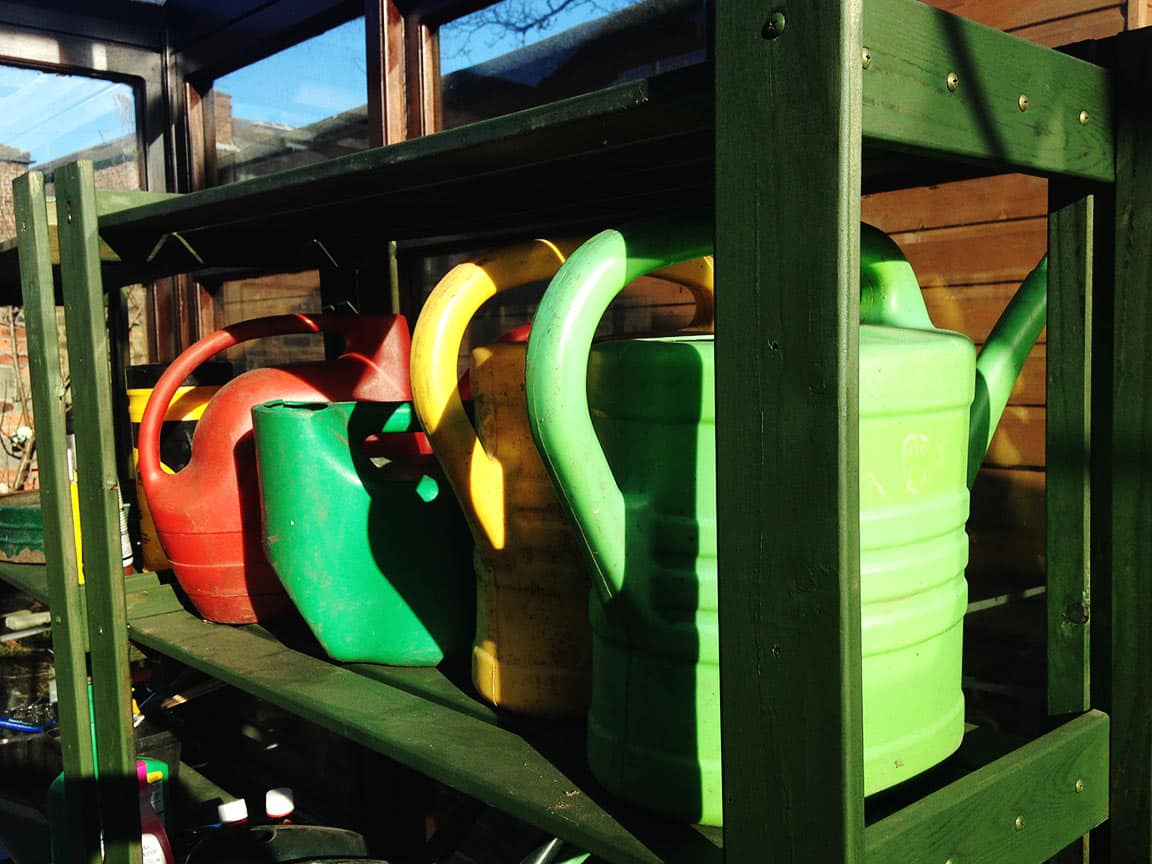
In recent years there has been a significant upswing of interest in the therapeutic value of gardens that are specifically designed to address a variety of applications within healthcare, rehabilitation, and other therapeutic settings.
Consequently, we have developed the gardens at Bosco House to enhance the health and wellbeing of our residents and those who have experienced substance misuse and related issues.
The aim is to provide learning opportunities for clients (growing and cooking their own food, marketing, selling produce, etc.), therapeutic benefit to service users as part of their treatment plan, as well as recreational activities for local volunteers.
This new project will use horticulture as a therapeutic tool to enhance the recovery journey, increase confidence and a sense of self-worth, shorten time in treatment, reduce hospital episodes and crime, strengthen social integration, and promote employability.
Some of the key drivers of addiction are traumatic early-life events – in particular, Adverse Childhood Experiences (ACEs). For some, using alcohol and/or other drugs to deal with feelings of loss or trauma is an immediate but short-term (and, therefore, oft-repeated) solution to deep-seated issues. This traps the user in a perpetual cycle of the ‘here-and-now’ to avoid the pain of the past, leaving no time to look to a long-term future.
However, as horticulture is governed by the seasons, using the planning necessary to run a garden orients the mind-set to the future and becomes part of the recovery journey. This project will help individuals to look to the future as planting, growing, tending and harvesting are all forward-planning exercises that require patience and commitment and will help nurture an individual’s aspiration.
